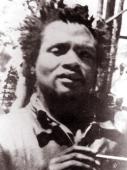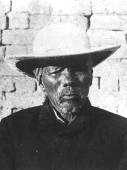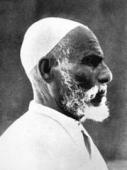The modern history of Canada began with a group of European colonies that gradually expanded using their deceit and force to take possession of the vast territories of the natives. An example among the many is the territory on which today stands Toronto, for the ownership of which on October 29, 2010 the Federal government signed a settlement with the nation Mississaugas of New Credit, that provided for the payment of $145 million to compensate the totally inadequate purchase price paid by the Canadian government between 1797 and 1805.
The implementation of the Indian Residential Schools Settlement Agreement began on September 19, 2007 to close the painful chapter of the Indian residential schools, the most striking example of apartheid in the Canadian colonies developed by United Kingdom and after 1931 directly by the Federal government to assimilate the indigenous population into the dominant culture. Despite the apologies offered by the Prime Minister Stephen Harper, the average reparations to former students still alive was limited to about $20,000, the achievement of this settlement has resulted in the impossibility to act in court in cases of physical or sexual assault and the Truth and Reconciliation Commission made reference to court to obtain all the documents possessed by the Federal government.
During 2012, the federal government then renewed the attack on the rights of the natives with Bill C-38, that was approved by the Canadian Parliament on June 29, 2012, and with the Bill C-45, that was approved by the Canadian Parliament on December 14, 2012 which, in open violation of the treaties, facilitate the appropriation of the reserves' lands for the exploitation of the heavy oil resources with disastrous consequences from the environmental point of view. The natives protest has been increasing in the recent months and is now symbolized by the association Idle no more and by the Attawapiskat chief Theresa Spence to whom we are proud to express our solidarity.
On January 9, 2013 the Federal court finally recognized that even the Métis and the natives living outside the reserves have the same status as the natives who live inside the reserves, though the court let the Federal government define the rules.
Colonialism Reparation invites the Canadian government to really pursue truth and reconciliation about the Indian residential schools better reviewing the Settlement Agreement, supports the demands of the association Idle no more and of the Attawapiskat chief Theresa Spence to abolish all laws that violate the treaties and calls on the Canadian government to immediately provide also to the Métis and to the natives living outside the reserves the same status without appeal and as a matter of urgency.


















































